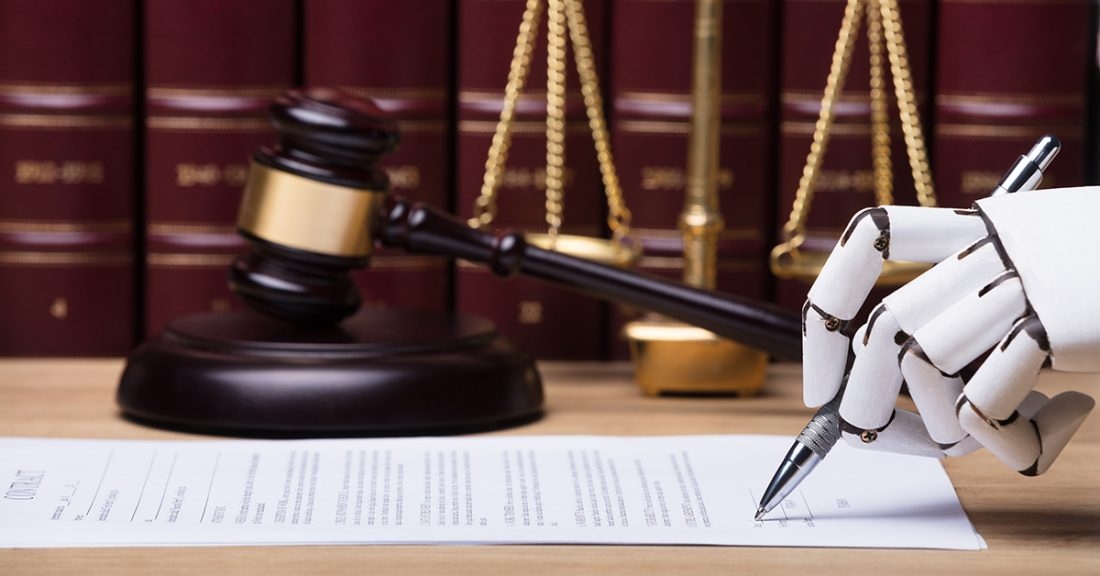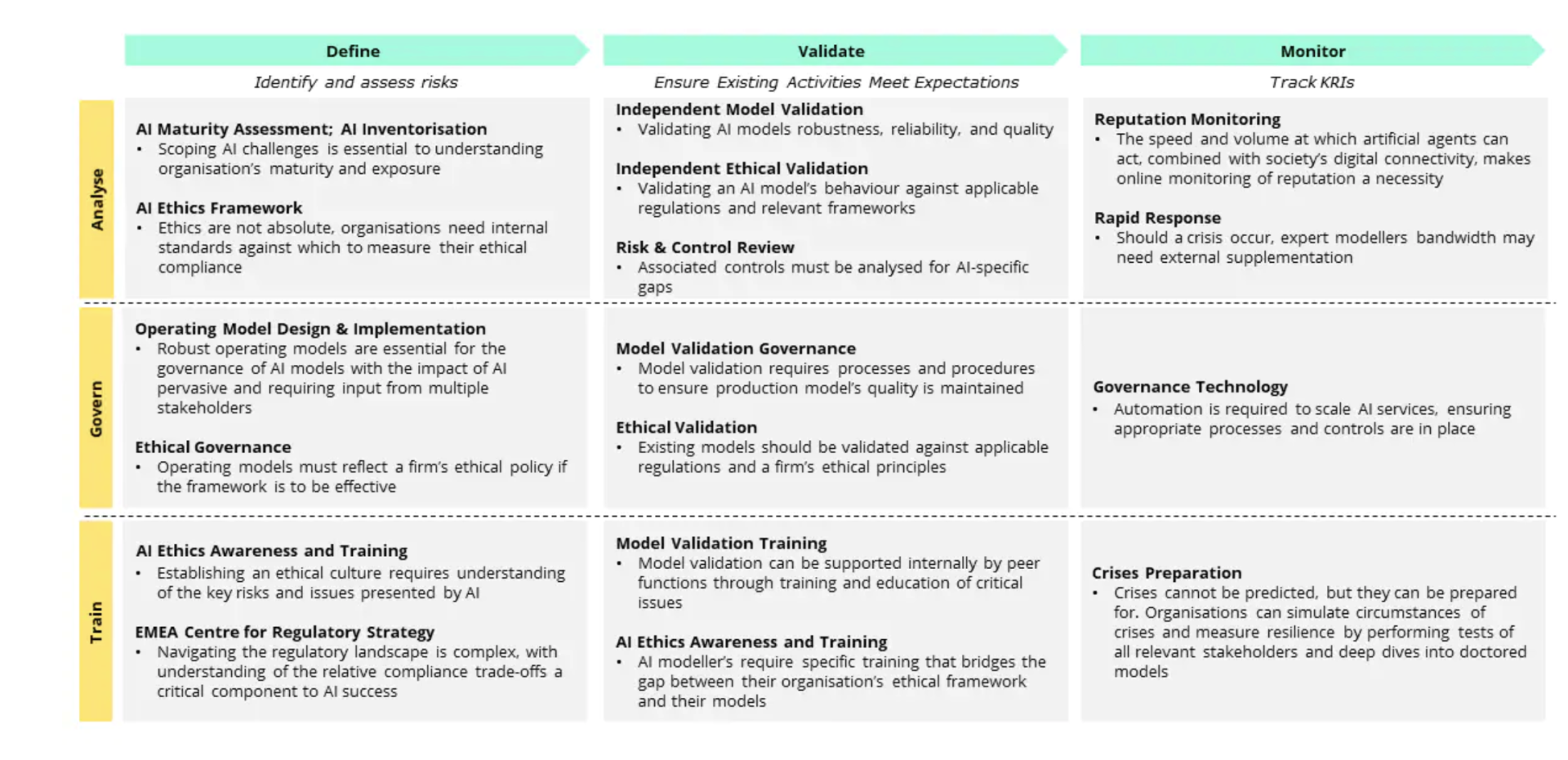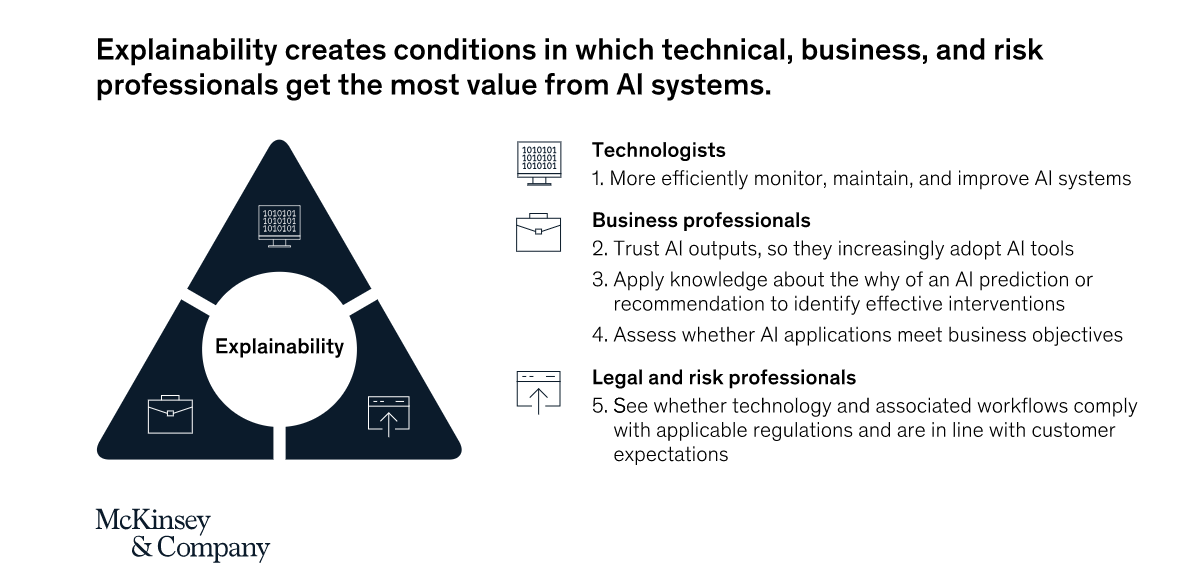Comments
- No comments found

The legal industry is experiencing a transformative shift with the integration of artificial intelligence (AI) technologies.
From streamlining legal processes to enhancing research and analysis capabilities, AI is reshaping the way legal professionals operate. In this article, we explore the profound impact of AI in the legal landscape and its potential to revolutionize the practice of law.
AI-powered tools and automation are revolutionizing repetitive and time-consuming legal tasks. Contract analysis and review, for example, can be streamlined with the help of natural language processing algorithms, enabling quick identification of key terms and potential risks. Legal research and document drafting are also benefiting from AI, as machine learning algorithms can analyze vast volumes of legal data and generate accurate and relevant insights, saving substantial time and effort for lawyers.
Artificial intelligence (AI) is revolutionizing the way legal professionals conduct research and analyze complex legal issues.

With AI-powered legal research platforms, lawyers can access an extensive database of legal precedents, cases, and statutes, enabling them to conduct comprehensive and efficient research. Additionally, machine learning algorithms can extract relevant information from large volumes of legal documents, assisting lawyers in building stronger cases and making well-informed legal arguments.
AI technologies, coupled with predictive analytics, are empowering legal professionals to anticipate potential risks and make informed decisions. By analyzing patterns in legal data, AI algorithms can predict the outcomes of legal cases and assess the probability of success. This helps lawyers in developing effective litigation strategies and advising clients on the potential risks involved in legal matters.
As artificial intelligence continues to play an integral role in the legal landscape, ethical considerations are paramount.

Transparency, fairness, and accountability must be maintained in AI systems used in legal settings. Legal professionals and technology experts are working together to develop ethical frameworks and guidelines to ensure that AI-driven tools operate within established legal and ethical boundaries.
Artificial intelligence is reshaping the legal landscape, offering unprecedented opportunities to improve efficiency, accuracy, and access to justice. By automating legal processes, enhancing research capabilities, and enabling predictive analytics, AI is empowering legal professionals to deliver more efficient and effective legal services. However, it is crucial to maintain ethical standards and ensure that AI technologies operate transparently and within the confines of existing legal frameworks. As the legal industry embraces AI, the practice of law is set to evolve, paving the way for a more efficient, accessible, and equitable legal system.
Bhumesh is the Managing Partner of Corp Comm Legal, an Indian law firm. He is ranked among the Top 100 Indian corporate lawyers. He is advising domestic and foreign companies on M&A, joint ventures, corporate - commercial issues. Besides, he has written a book on Drafting of Commercial Agreements, has a couple of books in pipeline and trains students and professionals on Drafting Skills and corporate laws. He writes regularly on legal, business & other issues and is a guest faculty lecturer with educational institutes. Bhumesh holds a Bachelor of Laws (LLB) from the University of Delhi and a further qualification in International Law and Legal Studies from College of Law, York.
Leave your comments
Post comment as a guest